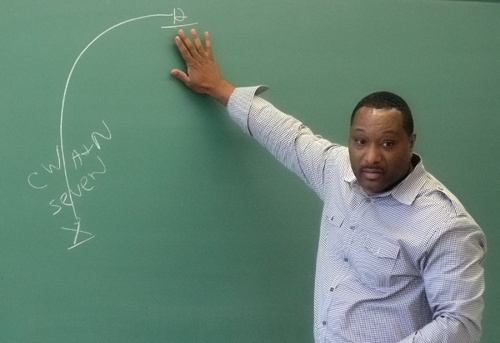
Somewhere, walking along dimly lit urban streets, is a 10 year-old boy. A quarter past midnight, he squints in the oncoming headlights of a patrol car. An officer approaches him, asks a few questions, and gives him a ride home. Only there’s nobody home to greet the boy, and there hasn’t been for days.
In another urban neighborhood, a child is hungry. Although she’s only 12 years old herself, she serves as a mother figure to her 5 year-old sister and 7 year-old brother. She’s never known a father, and her mother, who is addicted to crack, hasn’t been home for weeks. The cabinets are bare; the refrigerator empty. Stomach growling, she gets caught stealing a pack of bologna and a 6-pack of soda from the corner mini-mart.
Contrary to the disturbing images of violent young offenders portrayed on the evening news, it’s situations such as these that usually cause a child to come into contact with the juvenile justice system. Only 3 to 5% of crimes committed by juveniles are of a violent nature. The majority of kids are in situations of abuse or neglect. Unfortunately, this misperception leaves inner city kids demonized and professionals reluctant to work with them. With no resources, skills or education, survival is difficult. Resulting outcomes often involve prison, injury or death.
Determined to be part of the solution, North Carolina Central University launched a Masters in Social Work program with an emphasis in Juvenile Justice in 2008. It is the only program of its kind in the country. With a mixture of compassion, discipline, and urgency, students study the cultural context of urban neighborhoods, parallels between the Child Welfare System and the Juvenile Justice System, and programs and services designed to turn troubled lives around.
Read more here.

